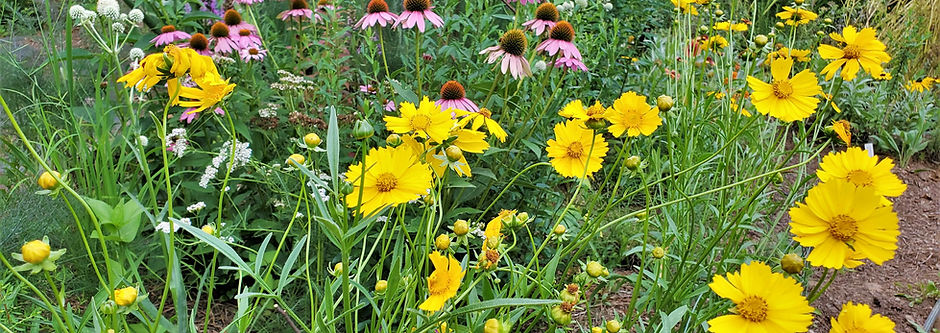Passionflower Vines are the Only Game in Town for Gulf Fritillary Caterpillars
- ljmarkson
- Nov 19, 2020
- 2 min read
Updated: Jul 7, 2024
I realize I'm starting my Nurture Native Nature blog by writing a handful of short posts on the same subject. I’m a bit obsessive so thoroughness is part of my style, but in this case, it’s intentional. I have so much to say about purple passionflower vine (Passiflora incarnata) because it has helped me understand the importance just one plant can have on our local ecosystem - and hopefully it will help anyone who is making the transition to gardening for nature, not for looks.

If you want to add a vine to your landscape with the goal to have a big impact nurturing nature in your yard, plant the only host plant for gulf fritillary caterpillars: purple or yellow passionflower vine (Passiflora incarnata or lutea).
The. Only. Host. Plant.

This means the impact of planting passionflower vine will directly nurture the abundance and survival of gulf fritillary butterflies in your neighborhood. The most important thing to look for when buying a passionflower vine is to find the native passionflower (Passiflora incarnata or lutea) from a native plant nursery, NOT one of the tropical passionflower hybrids found at traditional nurseries or big box stores. A gulf fritillary butterfly might still lay its eggs on a non-native vine (common non-native names: passiflora caerulea or biflora), but the caterpillars (cats) will die because they can’t eat the tropical vines.

Gulf fritillary butterflies will find a passionflower vine wherever its planted. Just make sure your yard is pesticide free. All kinds of pesticides can kill the butterflies and their cats. This includes mosquito spraying, perimeter pest control, lawn chemicals, flowers that have been treated with systemic neonicotinoids, and mow and blow yard crews spritzing Roundup.

From mid summer through fall In Atlanta gulf fritillary butterflies are dancing around my yard and creating generations of cats munching away on my Passiflora incarnata. In addition to a host of other wildlife supporting benefits, just imagine the sight of gulf fritillary butterflies flitting from yard to yard for months if everyone planted just one passionflower vine in their yard.



.jpg)
